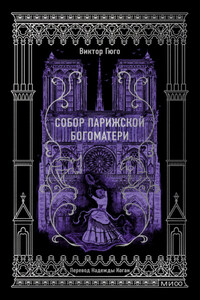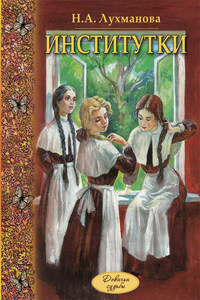BY CHARLES ELIOT NORTON
The deep and widespread interest which the writings of Mr. Rudyard Kipling have excited has naturally led to curiosity concerning their author and to a desire to know the conditions of his life. Much has been written about him which has had little or no foundation in truth. It seems, then, worth while, in order to prevent false or mistaken reports from being accepted as trustworthy, and in order to provide for the public such information concerning Mr. Kipling as it has a right to possess, that a correct and authoritative statement of the chief events in his life should be given to it. This is the object of the following brief narrative.
Rudyard Kipling was born at Bombay on the 30th of December, 1865. His mother, Alice, daughter of the Rev. G. B. Macdonald, a Wesleyan preacher, eminent in that denomination, and his father, John Lockwood Kipling, the son also of a Wesleyan preacher, were both of Yorkshire birth. They had been married in London early in the year, and they named their first-born child after the pretty lake in Staffordshire on the borders of which their acquaintance had begun. Mr. Lockwood Kipling, after leaving school, had served his apprenticeship in one of the famous Staffordshire potteries at Burslem, had afterward worked in the studio of the sculptor, Mr. Birnie Philip, and from 1861 to 1865 had been engaged on the decorations of the South Kensington Museum. During our American war and in the years immediately following, the trade of Bombay was exceedingly flourishing, the city was immensely prosperous, a spirit of inflation possessed the Government and the people alike, there were great designs for the improvement and rebuilding of large portions of the town, and a need was felt for artistic oversight and direction of the works in hand and contemplated. The distinction which Mr. Lockwood Kipling had already won by his native ability and thorough training led to his being appointed in 1865 to go to Bombay as the professor of Architectural Sculpture in the British School of Art which had been established there.
It was thus that Rudyard Kipling came to be born in the most cosmopolitan city of the Eastern world, and it was there and in its neighbourhood that the first three years of the boy's life were spent, years in which every child receives ineffaceable impressions, shaping his conceptions of the world, and in which a child of peculiarly sensitive nature and active disposition, such as this boy possessed, lies open to myriad influences that quicken and give colour to the imagination.
In the spring of 1868 he was taken by his mother for a visit to England, and there, in the same year, his sister was born. In the next year his mother returned to India with both her children, and the boy's next two years were spent at and near Bombay.
He was a friendly and receptive child, eager, interested in all the various entertaining aspects of life in a city which, "gleaning all races from all lands," presents more diversified and picturesque varieties of human condition than any other, East or West. A little incident which his mother remembers is not without a pretty allegoric significance. It was at Nasik, on the Dekhan plain, not far from Bombay: the little fellow trudging over the ploughed field, with his hand in that of the native husbandman, called back to her in the Hindustani, which was as familiar to him as English, "Good-bye, this is my brother."
In 1871 Mr. and Mrs. Kipling went with their children to England, and being compelled to return to India the next year, they took up the sorrow common to Anglo-Indian lives, in leaving their children "at home," in charge of friends at Southsea, near Portsmouth. It was a hard and sad experience for the boy. The originality of his nature and the independence of his spirit had already become clearly manifest, and were likely to render him unintelligible and perplexing to whosoever might have charge of him unless they were gifted with unusual perceptions and quick sympathies. Happily his mother's sister, Mrs. (now Lady) Burne-Jones, was near at hand, in case of need, to care for him.
In the spring of 1877 Mrs. Kipling came to England to see her children, and was followed the next year by her husband. The children were removed from Southsea, and Rudyard, grown into a companionable, active-minded, interesting boy, now in his thirteenth year, had the delight of spending some weeks in Paris, with his father, attracted thither by the exhibition of that year. His eyesight had been for some time a source of trouble to him, and the relief was great from glasses, which were specially fitted to his eyes, and with which he has never since been able to dispense.
On the return of his parents to India, early in 1878, Rudyard was placed at the school of Westward Ho, at Bideford, in Devon. This school was one chiefly intended for the sons of members of the Indian services, most of whom were looking forward to following their fathers' careers as servants of the Crown. It was in charge of an admirable head-master, Mr. Cormell Price, whose character was such that he won the affection of his boys no less than their respect. The young Kipling was not an easy boy to manage. He chose his own way. His talents were such that he might have held a place near the highest in his studies, but he was content to let others surpass him in lessons, while he yielded to his genius in devoting himself to original composition and to much reading in books of his own choice. He became the editor of the school paper, he contributed to the columns of the local Bideford














